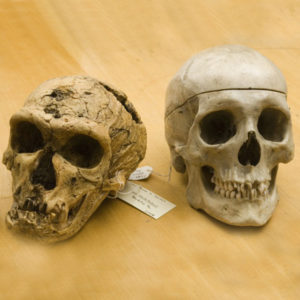Human Evolution - From Fossils to Ancient and Modern Genomes
28–30 April 2025
Wellcome Genome Campus, UK and Virtual
Tracing our roots: unveiling the journey from fossils to modern genomes
Summary
Recent archaeological and palaeontological discoveries and the application of genomic analysis are reshaping the understanding of human evolution and history. Our 4th conference on human evolution will highlight emerging archaeological discoveries and advances in genetic tools that are transforming the field.
This year’s meeting will feature sessions on the deepest roots of human history, highlighting methodological advances in studying human evolution and showcasing the latest tools and techniques in genomic analysis and ancient DNA.
The programme will focus on the population structure of ancient humans and will explore how early human populations migrated, adapted to diverse environments, and interacted with other hominin species. We will also delve into past human diseases, discussing the host-pathogen co-evolution and their impact on genetic diversity.
The conference is aimed at population and evolutionary geneticists, archaeologists, palaeontologists, primatologists and medical geneticists with an interest in human evolution. The attendees will participate in a dynamic programme that includes invited talks, short oral presentations, poster pitch talks and posters selected from abstracts. This setting will foster high-level discussions and networking opportunities, encouraging new collaborations across disciplines.
Programme
The conference will start at approximately 12.00 on Monday, 28 April and close at approximately 13.00 on Wednesday, 30 April 2024. All times are in BST.
Discussions will focus on a variety of exciting topics, including:
- Evolutionary history
- Hominin hybridization, divergence and ecological niches
- Population structure, demography and mobility
- Methodological advances in human history inference
- Diseases that impacted ancient humans
- Human adaptation
Organisers and speakers
Scientific programme committee

Alice Leplongeon
French National Centre for Scientific Research (CNRS), France
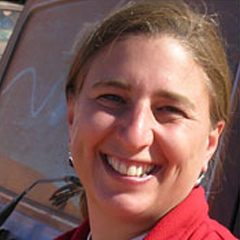
Marta Mirazón Lahr
University of Cambridge, UK

Lluis Quintana-Murci
Institut Pasteur & Collège de France, France
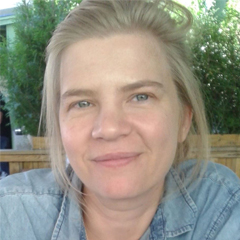
Carina Schlebusch
Uppsala University, Sweden
Keynote speakers

María Martinón-Torres
National Research Center on Human Evolution (CENIEH), Spain

Mark Stoneking
The Biometry and Evolutionary Biology Laboratory (LBBE), France
Confirmed speakers

María Ávila-Arcos
National Autonomous University of Mexico (UNAM), Mexico
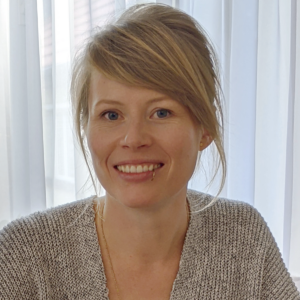
Judith Beier
University of Tübingen, Germany
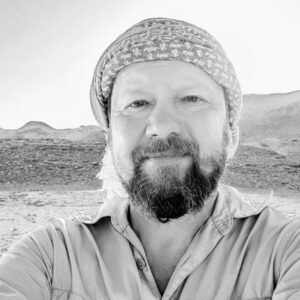
Roman Garba
Academy of Sciences of the Czech Republic

Amy Goldberg
Duke University, USA

Ashley Hammond
American Museum of Natural History, USA

Evan Irving-Pease
University of Copenhagen, Denmark

Johannes Krause
Max Planck Institute for Evolutionary Anthropology, Germany

Martin Kuhlwilm
University of Vienna, Austria
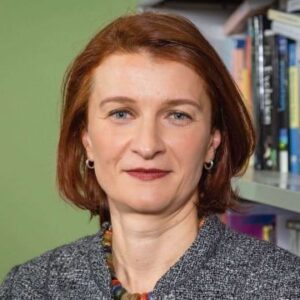
Kateryna Makova
Pennsylvania State University, USA

Alice Leplongeon
French National Centre for Scientific Research (CNRS), France

Sarah Pederzani
University of Utah, USA

John Rowan
University of Cambridge, UK
Organisers – Wellcome Connecting Science
Jemma Hume, Events organiser
Nagehan Ramazanoglu Bahadir, Programme developer
Registration and accommodation
Registration deadline: 31 March (in person) | 21 April 2025 (virtual)
| In-person Registration |
Fee |
| Student/trainee | £396 |
| Academic/non-profit organisation | £496 |
| Healthcare professional | £496 |
| Commercial/for-profit organisation | £596 |
| Onsite accommodation | £214 |
The in-person registration fee includes:
- Full access to scientific programme: oral and poster presentations, and networking on campus
- Access to the online conference portal to network with online participants
- Meals (lunch and dinner) and refreshments during the conference. Breakfast will be provided for delegates who have booked onsite accommodation.
- Recordings of the live-stream sessions, which will be available ‘on-demand’ for four weeks after the event ends
| Virtual Registration | Fee |
| Delegates from LMICs* | Free |
| Student/trainee | £55 |
| Academic/non-profit organisation | £105 |
| Healthcare professional | £105 |
| Commercial/for-profit organisation | £165 |
Virtual registration fee includes:
- Access to the virtual event portal (Log in details will be emailed a few days before the event starts)
- Live-stream sessions, including posters and online networking channels
- Recordings of the live-stream sessions, available ‘on-demand’ for four weeks after the event ends.
* To promote more inclusive scientific discussions with international colleagues at our conferences, virtual delegates based in Lower and Middle-Income Countries can register for free (see list of countries here).
If you are an editor or journalist, please contact the conference organiser for more information about the discounted fee.
Payments: Please note that payment can only be made with Mastercard or Visa credit cards.
Accommodation
Booked accommodation is for the nights of 28 and 29 April 2025. There is limited onsite accommodation and this will be allocated on a first-come, first-served basis; therefore, early registration is recommended.
If you wish to book campus accommodation either side of the conference dates, please contact the Hinxton Hall Conference Centre directly.
Accommodation services phishing scam – please be vigilant. More information.
Travel visas
Please check the UK government website for advice on whether you will need a visa or an electronic travel authorisation and how to obtain one: https://www.gov.uk/standard-visitor.
Confirmed attendees requiring a letter to support a visa application should contact the event organiser.
Financial assistance
Bursaries
Bursary deadline: 4 February 2025
Wellcome Connecting Science offers registration bursaries (usually up to 50% of the registration fee) to those who would benefit from attending the conference but face financial barriers. Priority is usually given to PhD students in archaeology, palaeontology, and genetics, as well as applicants from Lower and Middle-Income Countries or from underrepresented or minoritised groups. Other early-career researchers may also be considered if funds allow.
We encourage applicants to submit an abstract on their research results or ongoing project before the bursary deadline. Final edits can be made to the abstract up until the abstract deadline. Bursary applications without abstracts will only be considered in exceptional circumstances.
To apply for funding support, please register and then select that you want to apply for a bursary. This will direct you to the online application form. Please be prepared to explain why you need support and how you will benefit from attending the conference. Once you have submitted the application form, you will be emailed an abstract portal link. Please use this to submit an abstract before bursary deadline.
Additional funding opportunities
Visit our support page for information on financial support, including carer grants to help delegates with the costs of caring for children or dependent family members while attending a course or a conference.
Abstracts
Abstract deadline for in-person posters and lightning talks: 31 March 2025
We welcome abstracts from all areas relevant to the main themes of the meeting for both oral and poster presentations. Several oral presentations will be chosen from the abstracts submitted.
To submit an abstract, you must first register for the conference. Once your registration is completed, you will be emailed a link to submit to the abstract submission portal. If you wish to edit your abstract following submission, please use the link in the abstract acknowledgement email.
All abstracts must be submitted and, if desired, edited by the deadline. The scientific programme committee will then assess your abstract and you will be notified about 2 weeks after the deadline whether you have been selected to present an oral or poster presentation.
If you require acknowledgement that your abstract has been accepted earlier than this, please contact the conference organiser.
Poster boards onsite will accommodate 118 cm high by 84 cm wide (A0-portrait) of printed material. Accepted abstracts will appear in the conference programme book; poster board numbers will be allocated at the conference. All those accepted for a poster presentation will be given the opportunity to upload a short video describing their work.
All those accepted for a poster presentation will also have the opportunity present a ~1 min ‘poster pitch’ summarising their work.
Sponsors
The short talk and poster prizes are generously supported by:
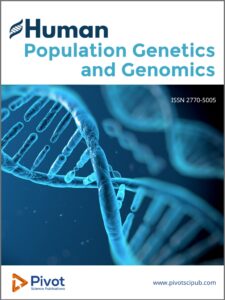
If you are interested in supporting this meeting, please contact the sponsorship manager.
See our sponsorship page for information about the benefits.
Testimonials
Feedback from our previous conferences in this series:
“I appreciated the encouragement towards young scientist to actively participate in the debates and give them the opportunity to give a lightning talk.”
“The collegial atmosphere, with the number of participants small enough to allow more than one opportunity for discussion.”
“I hadn’t expected the breadth of topic coverage that was actually presented – all the way from bones and tools to ancient and modern DNA populations studies. There was an excellent representation of Asian, Oceanic and Australasian studies which filled a large gap in my knowledge.”
